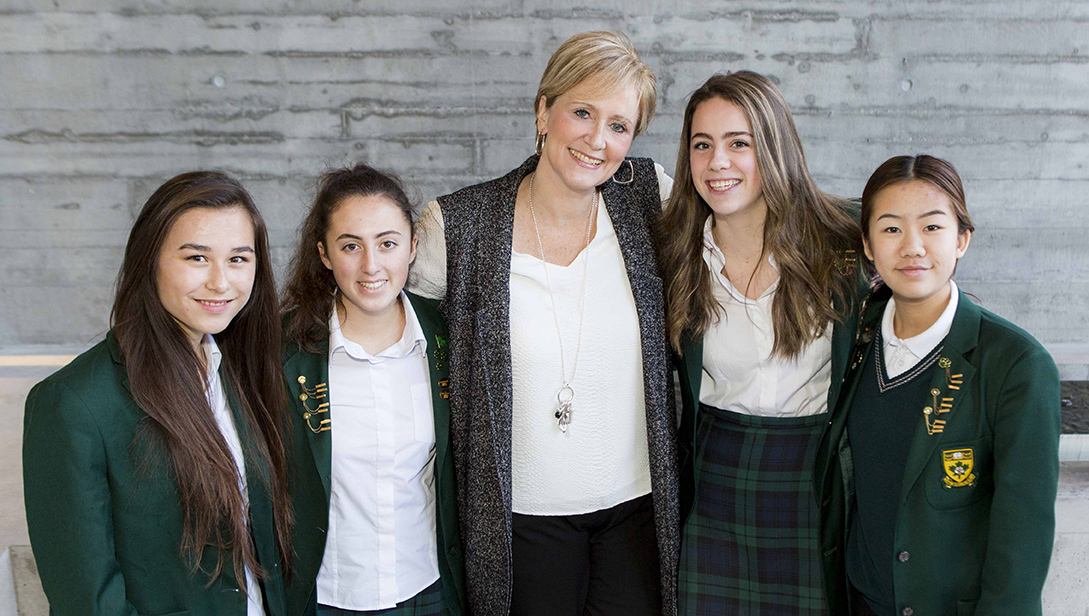As one year ends, and a new year begins, it is important to not only take stock of the previous year’s accomplishments but to also consider the learning opportunities that come from the mistakes and setbacks we have each experienced. In my new role as Acting Head of School, I find it fitting that we not only consider the learning opportunities we face as a school but also the opportunity we have to role model the foundation of resilience for all of our Yorkies. I look forward to connecting with parents individually and collectively and engaging in ongoing conversations with you regularly, either in person or via my Head Lines blog.
As a parent and educator, I have learned to appreciate that meaningful growth and renewal can often come from setbacks. Now don’t get me wrong, I do believe it is important to cultivate a healthy and active relationship with achievement. Setting goals and establishing benchmarks to reach these are essential skills for both students and adults. However, I also feel it is imperative that we encourage students to be resilient and learn how to deal with disappointments.
The key to viewing setbacks, failures, and sorrows as opportunities for growth is really about cultivating what Carol Dweck, a Stanford Psychologist, calls a “growth mindset”. Carol Dweck, who pioneered this research, began studying students’ beliefs about intelligence because she was interested in the question of why some students are so resilient in the face of challenges while others are not. Her research of “Fixed vs Growth Mindsets” has shown that the view students adopt of themselves profoundly affects the way they learn. As parents, I encourage you to view her Ted Talk, “The Power of Yet”. What Carol Dweck’s research yielded was that students generally hold one of two very different beliefs about intelligence. Some students have what she calls a “fixed mindset”; the belief that intelligence is a fixed trait that doesn’t change much. So, like eye colour, these students believe they are born with a certain amount of intelligence and there’s not much they can do to change it. Other students have a very different belief about intelligence – a growth mindset. They see it more like a muscle that grows with effort.
According to Dweck’s research, it turns out that these beliefs act like lenses through which students interpret their day-to-day experiences in school, particularly experiences of adversity. It turns out that students can draw very different conclusions about the meaning of the same events.
What it comes down to, is that these interpretations – these lenses – are what shape the narrative our Yorkies use to make sense of their world. Therefore, the meaning we all make of events is what determines the behaviours we choose to engage in. If a student believes there isn’t a point in trying, then even the best teacher or the most encouraging parent may not be able to reach them. It’s like the old saying goes…“You can lead a horse to water, but you can’t make them drink.” So it is important to note that mindsets, at any age, affect the goals students have, how they view effort and how they respond to challenges and failures on a daily basis.
So what can be done to empower a growth mindset? It turns out that the brain’s neuroplasticity allows it to change when it learns new things. Last year, during one of our parent evening Tiger Talks, Dr. Joann Deak shared with us the importance of stretching “our brain elastics”. Brain research suggests that through persistence and trying challenging things, students’ beliefs or mindsets can be changed and that, when they are, students can experience success. It is important to note that our interactions with our girls can have a significant influence on shaping their mindsets.
As parents and educators, we must ask ourselves some key questions about how we view learning:
- What beliefs are being reinforced?
- What goals are being promoted?
- Are mistakes valued?
To that effect, I would like to share with you some suggestions found in Carol Dweck’s research on the language we should use when praising or encouraging young minds.
Try Not To Focus On:
- Qualities commonly interpreted as stable such as the talent or intelligence of your child: e.g. “ You are so intelligent. Look at how well you did on this project.”
Do Focus On:
- Seeing the effort and strategies used by your child: “I like how you tried a new way to solve that problem.” or “I can tell you have put a lot of effort into this project.”
- Seeing your child’s abilities improving over time with practice: “You’ve been practising and I can see it’s paying off.”
- Use the word, “yet” to indicate that your child is on a learning curve that can be reached with time and effort. Instead of saying, “Maybe learning languages isn’t one or your strengths,” add a “yet” to the end of the statement: “Maybe learning languages isn’t one of your strengths, yet.”
- Viewing mistakes and being challenged as a natural and necessary part of your daughter’s learning: “You’ve made some mistakes but what a great opportunity to learn. Being challenged is when your brain grows the most.”
This last one is so important because students are often really scared of making mistakes, but mistakes are an essential part of the learning process. When your daughter comes home from school today, try asking her, “What was the best mistake you made today?” Have your daughter reflect on her best mistake from a growth mindset point of view and have her explain why this was her best mistake. This will set the stage for an interesting discussion. Don’t be surprised if your daughter looks at you with confusion at first. Try this often and be persistent. It will pay off.
Finally, as parents and teachers, it is important for us to role-model how we ourselves have experienced growth and learning from our own setbacks and failures. Let’s share with our girls the lessons we’ve learned…the hard way. Showing a little vulnerability is an admission to our girls that as adults, we don’t always have all the answers and that we too, can fall short of perfection, and that is just fine.
I look forward to making many new connections with our York House School community. May this new year be filled with the satisfaction of goals achieved as well as numerous opportunities for renewal and growth. May we all “grow through what we go through” in 2018.
Sincerely,
Acting Head of School


